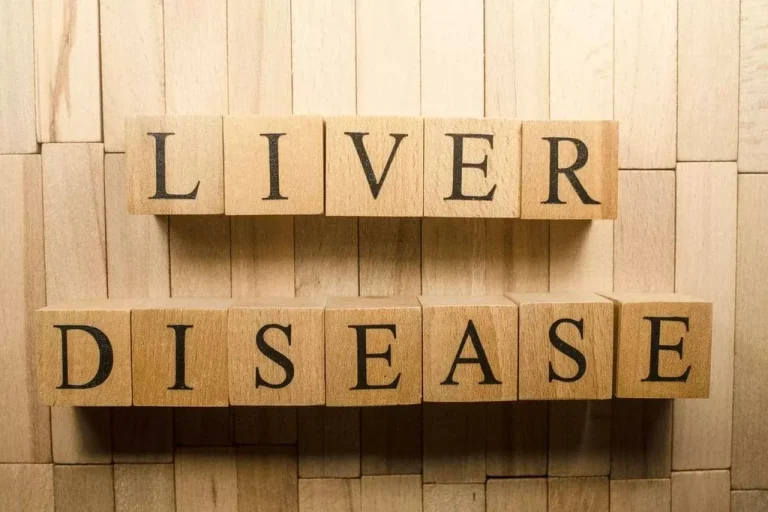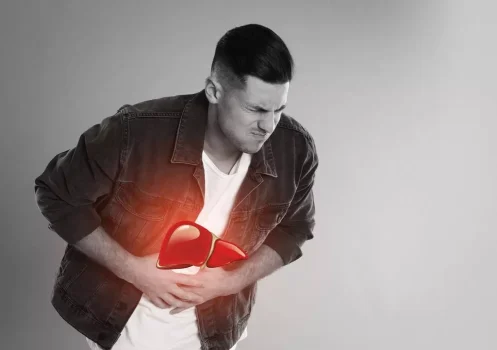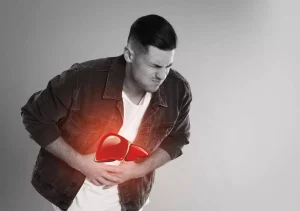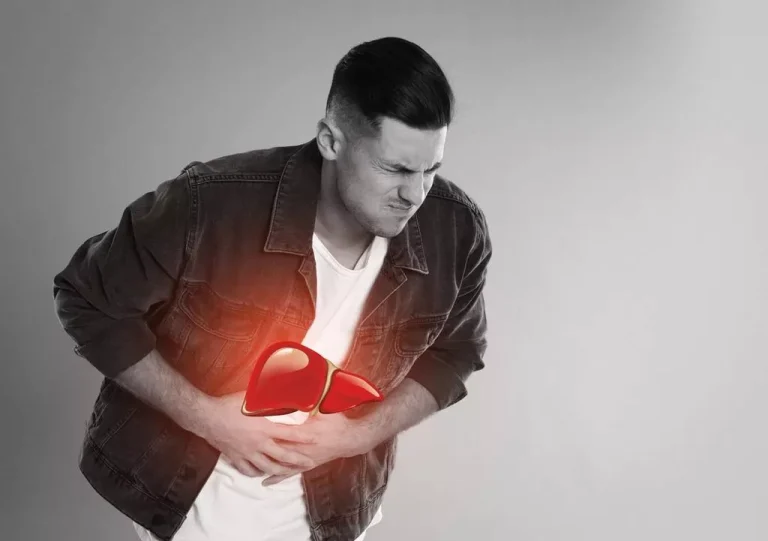
There is help and support available for both you and your loved one. Whether you choose to go to rehab, rely on self-help programs, get therapy, or take a self-directed treatment approach, support is essential. Recovering from alcohol addiction is much easier when you have people you can lean on for encouragement, comfort, and guidance. Without support, it’s easy to fall back into old patterns when the road gets tough.
- We need to realize that companies that make alcohol have spent a massive amount of money to connect alcohol in our minds with coolness and relaxation.
- The language used in the past often served to stigmatize people who are affected by alcohol use disorder.
- No matter whether a person has a mild or severe case of alcohol use disorder, the condition can seriously impact their daily life.
Mục Lục
Alcohol use disorder
Some say that if you have to ask whether or not you have a drinking problem, chances are that you probably do. And if others in your life have told you that you have a problem, you probably do. If you have continued to drink in spite of negative consequences, that could be an indication of a serious problem.

Bridging the mental health gap
If any of the following scenarios seem familar, it might be time to make some changes. Some patients may need a prescription medication (naltrexone, acamprosate or disulfiram) that helps reduce alcohol dependence. If you think a partner, friend, or family member may be living with alcohol use disorder, you can take this quiz on behalf of them as well. This online screening is not intended to be a diagnostic tool.

Behavioral, Physical, and Withdrawal Symptoms of Alcoholism
Cutting off alcohol in those with long-term or chronic consumption could lead to withdrawal and be fatal. Because denial is common, you may feel like you don’t have a problem with drinking. You might not recognize how much you drink or how many problems in your life are related to alcohol use. Listen to relatives, friends or co-workers when they ask you to examine your drinking habits or to seek help. Consider talking with someone who has had a problem with drinking but has stopped.

- If you have developed alcohol dependence and decide to quit drinking, you can expect to experience withdrawal symptoms.
- In fact, experts consider relapses part of the recovery process.
- You may be scared or worried, but you dismiss those feelings and stop sharing them with others.
- However, the study did find that people who engaged in binge drinking more often were also more likely to be alcohol dependent.
- According to recent national survey responses, fourteen million adults in the United States suffer from alcohol use disorder (AUD).
- You have taken an important step by setting a goal to drink less.
Substance abuse experts make a distinction between alcohol abuse and alcoholism (also called alcohol dependence). Unlike alcoholics, alcohol abusers have some ability to set limits on their drinking. However, their alcohol am i an alcoholic use is still self-destructive and dangerous to themselves or others.
BetterHelp is an online therapy service that matches you to licensed, accredited therapists who can help with depression, anxiety, relationships, and more. Take the assessment and get matched with a therapist in as little as 48 hours. If your drinking is causing problems in your life, then you have a drinking problem. If you start to think of yourself as a failure, you’re more likely to move into the next stage of relapse. If you can recognize the warning signs of each stage, you can take action to avoid a relapse.







